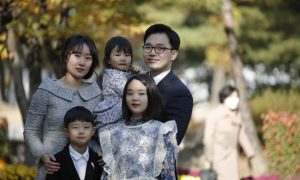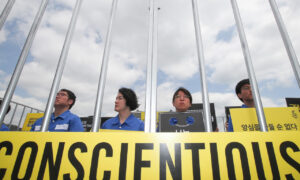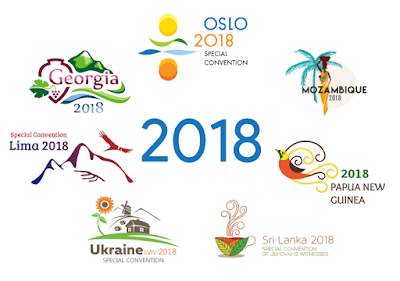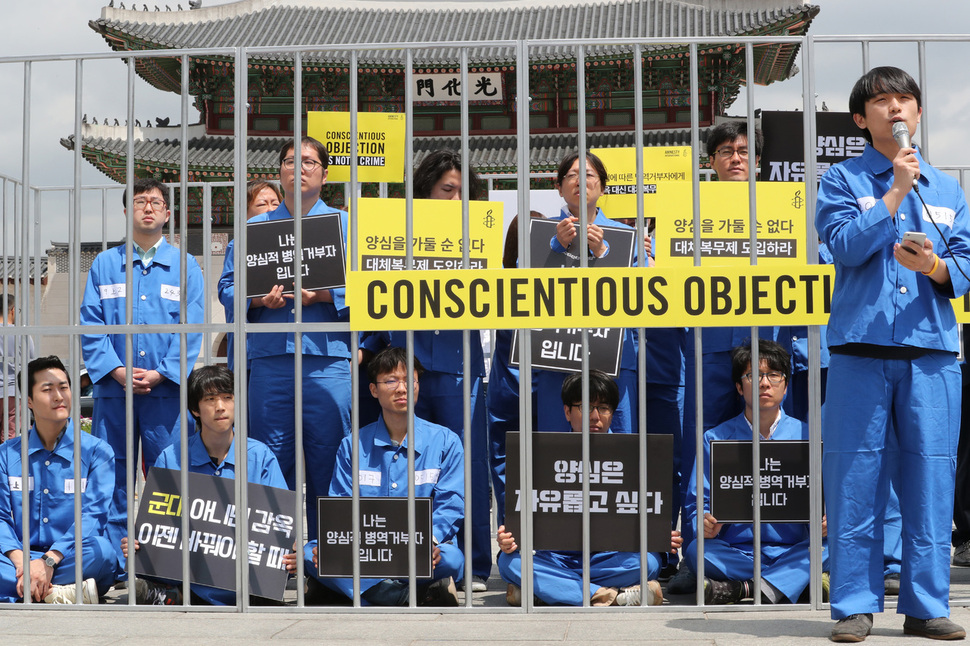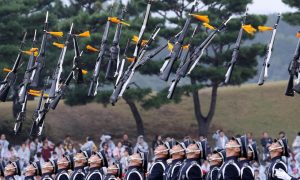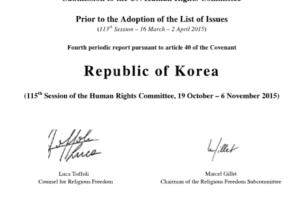Jang Kyeong-jin remembers as a child visiting his uncle in prison, knowing one day he would follow him there.
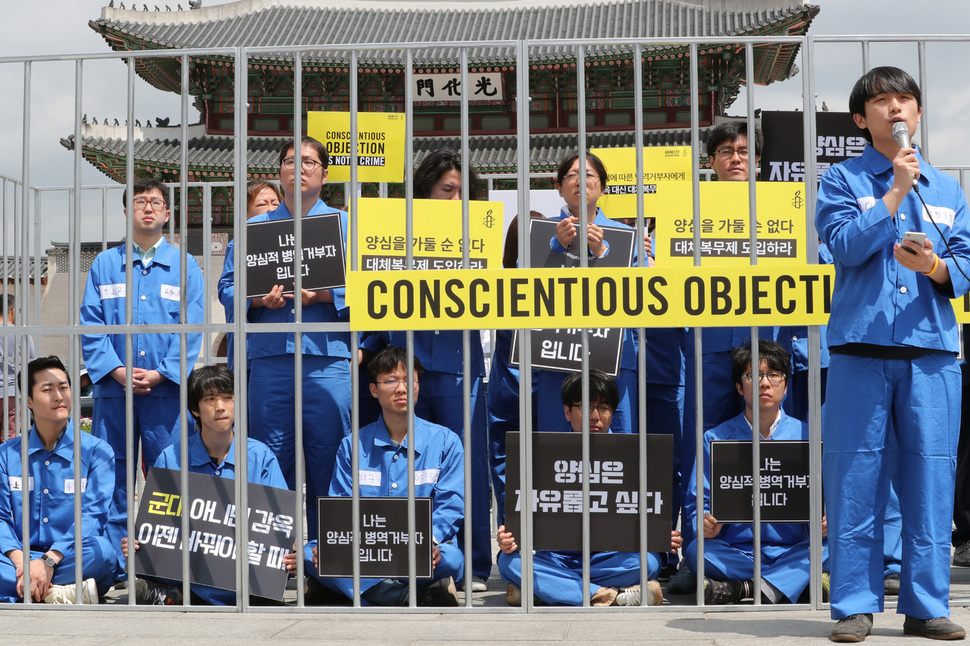
Like an estimated 100,000 people across South Korea, Mr. Jang’s family are Jehovah’s Witnesses. Members of this Christian denomination believe they must abstain from conflict and make up a substantial proportion of conscientious objectors around the world.
In South Korea, a country still officially at war with its nuclear-armed northern neighbour, where conscription is mandatory for all men between the ages of 18 and 28, this has long been a problem. Since the 1950s, some 19,000 Koreans, mostly Jehovah’s Witnesses, have been jailed for refusing the draft – more than in any other country.
This changed in 2018, when the country’s Constitutional Court ruled that the government must offer alternative civilian service (ACS) for conscientious objectors. Four years later, however, activists say the ACS system is akin to the prison sentences conscientious objectors were once forced to serve, with participants required to work and live in correctional facilities for 36 months, twice the time conscripts spend in the military.
“The current alternative service period … is not in line with international human-rights norms, which require the nature of alternative service to be ‘non-punitive,’ ” said Kyusuk Cho, a co-ordinator at the Seoul-based Center for Military Human Rights Korea.
While South Korea has slimmed down its military somewhat in recent years as part of a modernization effort, it still maintains an active force of more than 500,000 soldiers, with an additional 2,750,000 reservists.
With the vast majority of South Korean men performing military service, it is often seen as a key rite of passage, and some question whether it can be done away with, given the ever-present threat from North Korea, whose active-duty military is almost three times the size.
Reports of poor living conditions for conscripts, as well as stories about entertainers and sports stars having to put their careers on hold to perform military service, has seen public opinion shift somewhat in recent years.
Polling by Gallup Korea in May, 2021, found that 43 per cent of respondents were in favour of switching to a volunteer military, while 42 per cent supported the status quo. Previous surveys had found majority support for conscription.
Before 2018, 400 to 800 people a year were charged with refusing the draft. One of these was Mr. Jang, who was fighting prosecution when the Constitutional Court handed down its judgment.
He is due to begin alternative service this year but said the system that has been put in place is “very different from my expectations” and more of a punishment than a true “alternative to military service.”
In a statement, the Asia-Pacific Association of Jehovah’s Witnesses (APAJW) said those taking part in ACS “perform the same work as convicted prisoners did when they were punished as conscientious objectors – and under very similar conditions.”
Mr. Jang considered refusing ACS, but after years of court battles, he worried about the effect it could have on his family.
“It is difficult to go on trial again, not knowing when it will end and if I will be convicted as a criminal again,” he said. “Therefore, I had no choice but to apply to be transferred to alternative service, which is a little less harsh than imprisonment in my opinion.”
The APAJW argues the current system goes against international human-rights standards for religious freedom and is not in keeping with the Constitutional Court’s ruling.
In that case, judges warned that “if the duration or severity of alternative service is excessive to the extent that conscientious objectors find it difficult to perform, this would defeat the purpose of the alternative service or degrade it to a mere form of punishment, causing violations of other fundamental rights.”
David, a conscientious objector who is not being identified by The Globe and Mail because he is currently performing his alternative service, said he had been heartened by the 2018 ruling: “I will no longer have to be a criminal for following the teachings of the Bible.”
He said the current system meets “the minimum conditions for alternative civilian service” because the tasks objectors are required to perform are “entirely unrelated to military activities.”
But he added that there were still many similarities with military service, including being “under strict control.” And being forced to work in the same prisons conscientious objectors were once inmates in makes the system feel punitive.
For some conservative South Koreans, the system is not harsh enough. After the 2018 ruling, a group of lawmakers put forward an amendment that would force conscientious objectors to perform 44 months of service, including mine sweeping and other dangerous activities.
In parts of the country, prosecutors have also investigated whether those seeking conscientious objector status had played violent video games in the past, which authorities claim would contradict their stated pacifist beliefs, and how regularly they attended religious services.
Mr. Cho said non-religious objectors in particular often struggle to be approved for alternative civilian service and face the threat of criminal punishment if they are deemed draft dodgers. They also often face additional discrimination and can struggle to find employment.
Beyond the deprivations for those taking part in the ACS system, critics also argue it is a missed opportunity for conscientious objectors to provide a genuine service to society. In other countries, such as Taiwan and Finland, conscientious objectors work in hospitals, schools, tax offices and retirement homes.
According to the APAJW, in South Korea, because conscientious objectors are restricted to working in prisons, there are only enough jobs for about half of them at the moment, leaving the rest in limbo.
“Successful ACS should benefit the community and not punish individuals for refusing military service,” the group said. “It must not be performed in a quasi-military setting with curfews, confinement to barracks and uniforms; but it should be totally civilian: free of all military ties and resemblances.”
